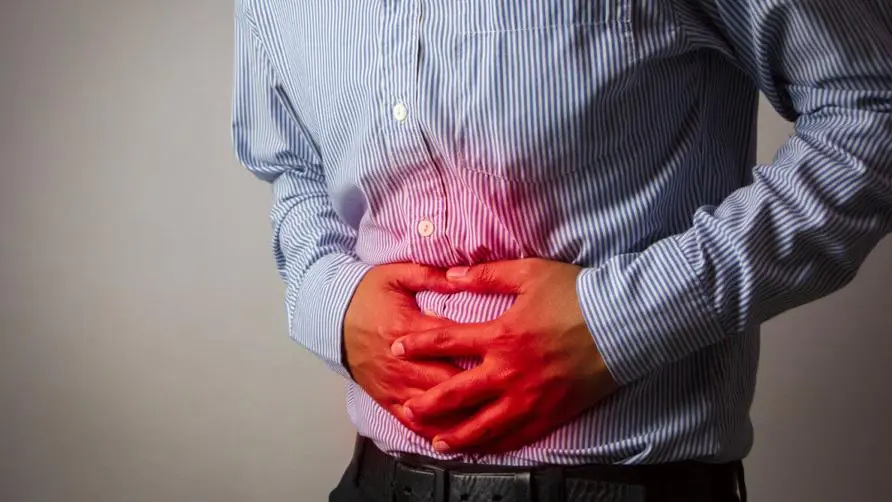Drinking less water may increase the risk of heart failure by 39%? Study: Linked to increased blood pressure

Heart failure is known as the “cancer of the heart” and is the ultimate consequence of the progression of all heart diseases. Without proper treatment, severe cases may require heart transplant surgery or even be in danger of life. A recent study published in the “European Society of Cardiology” pointed out that if you do not develop the habit of drinking water correctly, you may increase the chance of heart failure by nearly 39%.
Excessive serum sodium concentration may lead to “heart failure” study: the risk increases by at least 39%
The National Heart, Lung, and Blood Institute (NHLBI) analyzed the blood data of more than 11,000 subjects aged 45-66 years. After a 25-year follow-up survey, the research team claimed that the subjects’ “serum sodium” could be observed The concentration (sodium ion concentration in the blood) will gradually increase as the body fluids decrease, and the concentration can easily exceed the normal value - 135-146 millimoles per liter (mmol/L).
The study claims that compared with those with lower serum sodium concentrations, those with serum sodium concentrations higher than 146 mmol/L will have a 39% increased risk of heart failure; in addition, for every 1 mmol/L increase in serum sodium concentration in normal healthy people, L, the chance of heart failure will increase by 5%. The positive association remained even after regression adjustment for variables that may affect heart failure, such as age, gender, weight, BMI, and blood pressure index.
The research team also conducted another randomized controlled trial. The experimental group was asked to drink more water every day. The average daily water consumption for men was about 2-3 liters, while for women it was 1.5-2 liters. The results show that drinking more water is associated with lower serum sodium concentrations, which may help reduce the chance of heart failure.
The cause of heart failure is “drinking too little water”? May be related to increased blood pressure
The link between daily water intake and heart failure remains to be clarified, but study author Natalia Dmitrieva believes that if you don’t drink enough water, “antidiuretic hormone” (ADH) will be released more, causing the kidneys to preserve more Water and less urine are excreted, and the “renin-vasotoxin system” will be stimulated, leading to an increase in blood pressure, which is considered a potential factor for heart failure.
“Previously, other animal experiments have confirmed that mice with mild water restriction have a higher risk of suffering from ‘myocardial fibrosis’, and myocardial fibrosis is one of the main causes of heart failure!” Dmitrieva deduced.
In addition, “salt” in the diet may also affect serum sodium concentration, but Dmitrieva believes that even if people eat excessive salt, the impact on serum sodium may not be significant because normal kidneys usually excrete excess salt. In vitro; on the contrary, the amount of water consumed in daily life has a direct impact on serum sodium concentration.
However, Dmitrieva also said that each person’s water drinking needs are related to many factors, including exercise frequency, personal illness and medication. Most doctors will ask patients with heart failure to limit their daily water intake to 2 liters a day, because heart failure often causes excess fluid, water in the lungs, and edema in the legs. As for the average person, they still need to drink moderate amounts of water to maintain normal metabolism and also contribute to healthy blood pressure.
source:
Middle age serum sodium levels in the upper part of normal range and risk of heart failure





